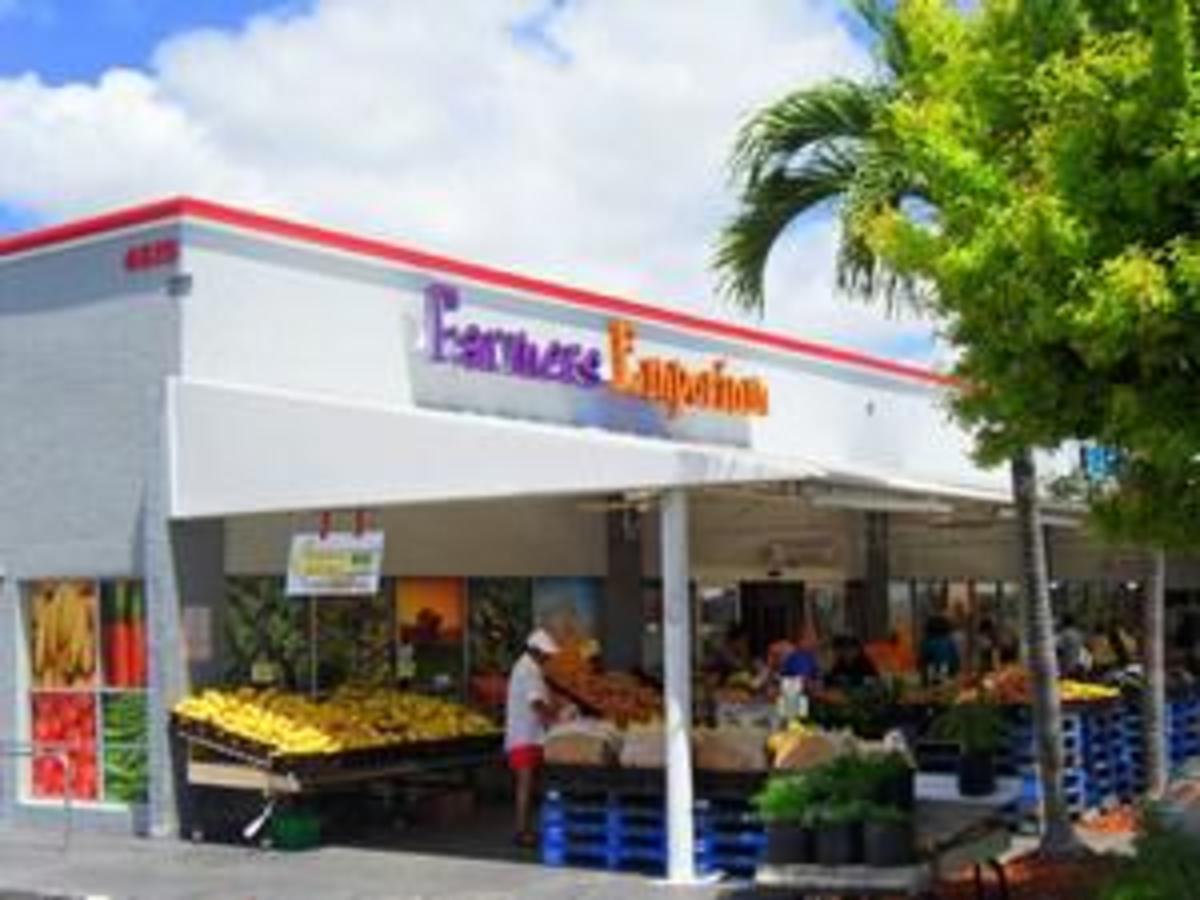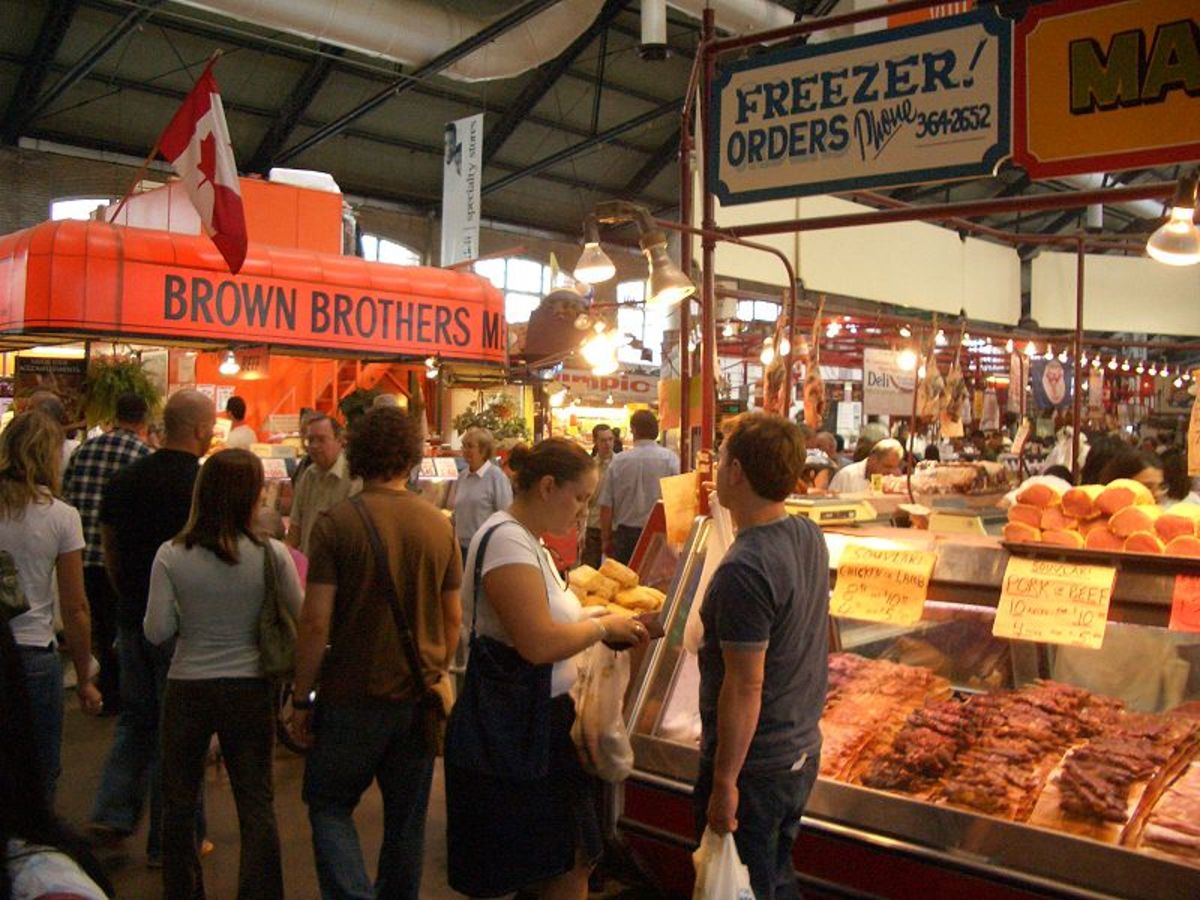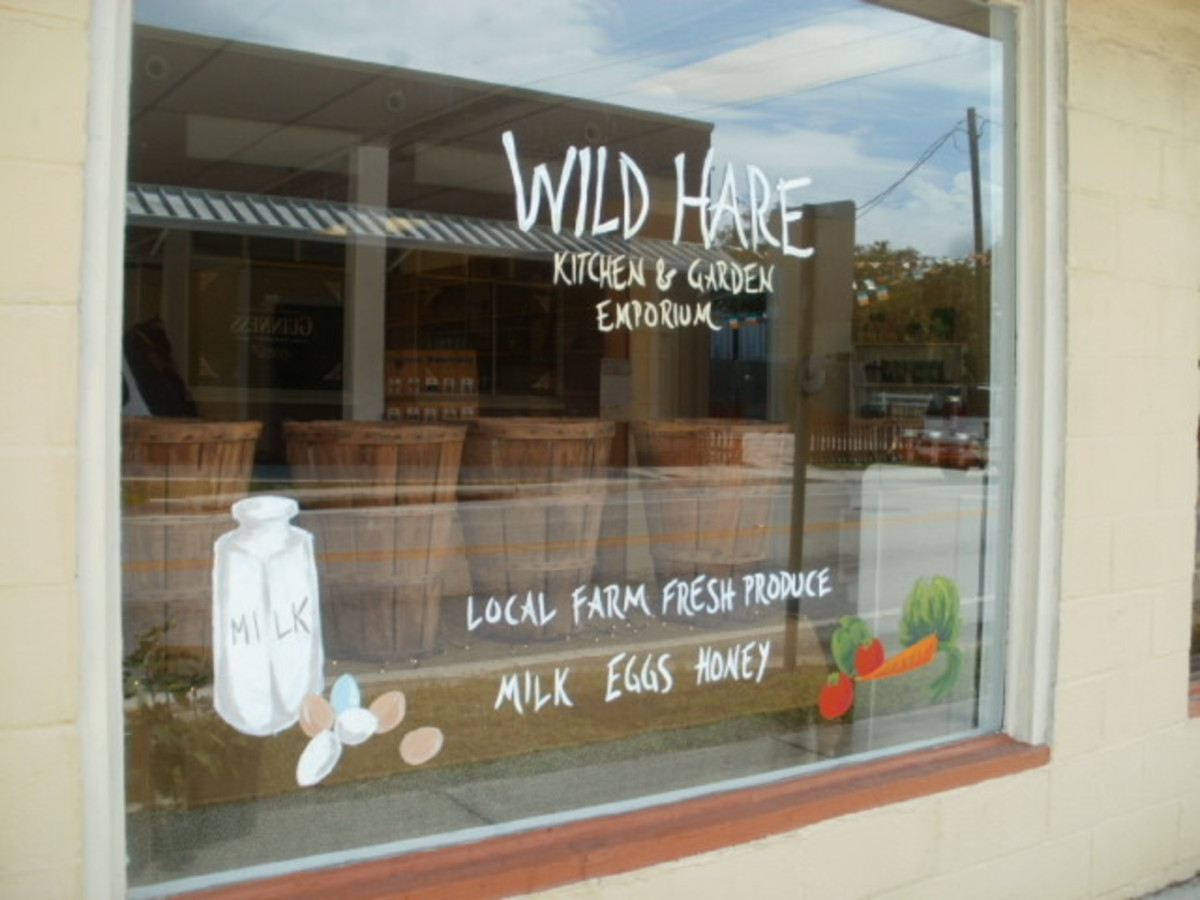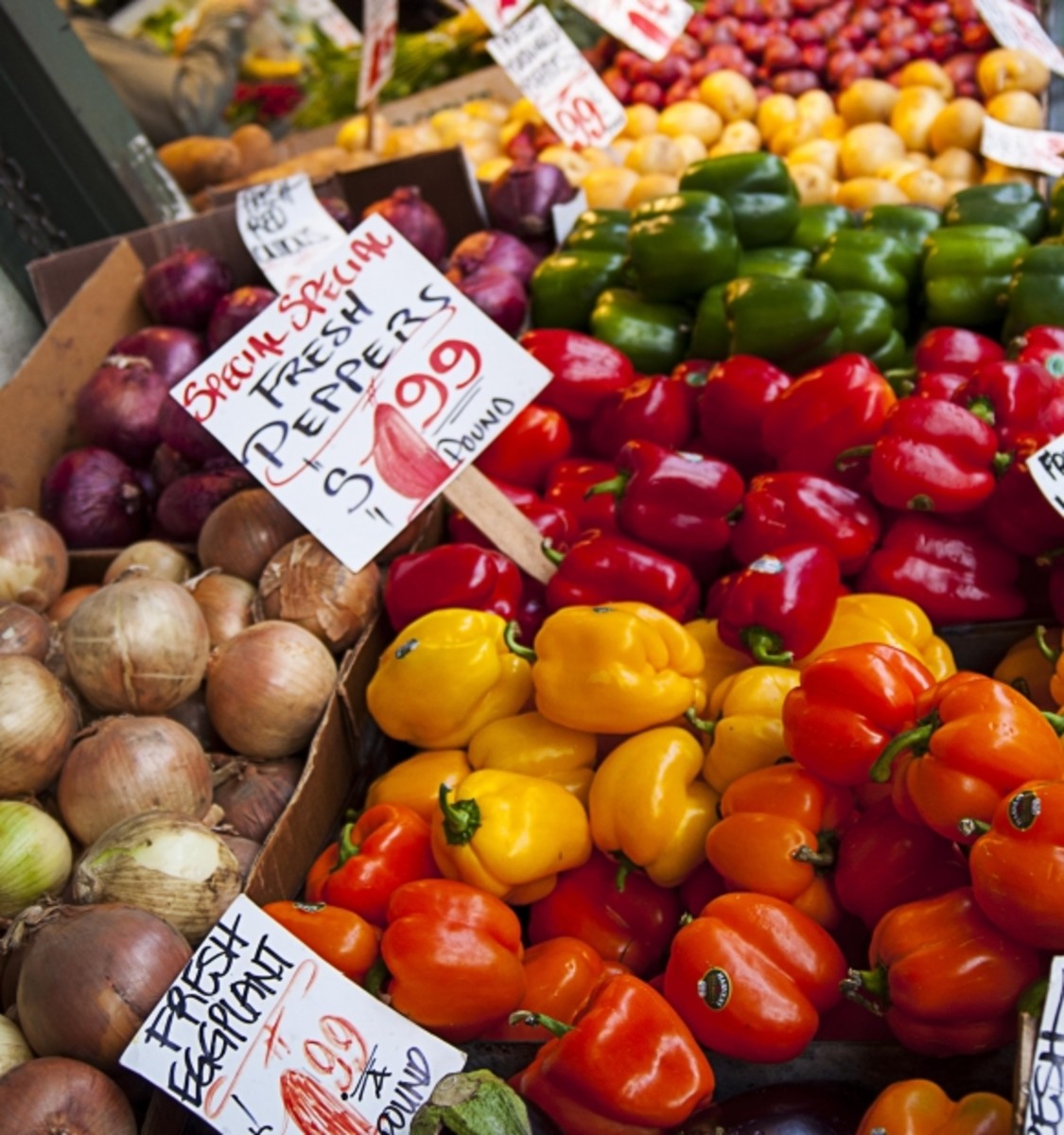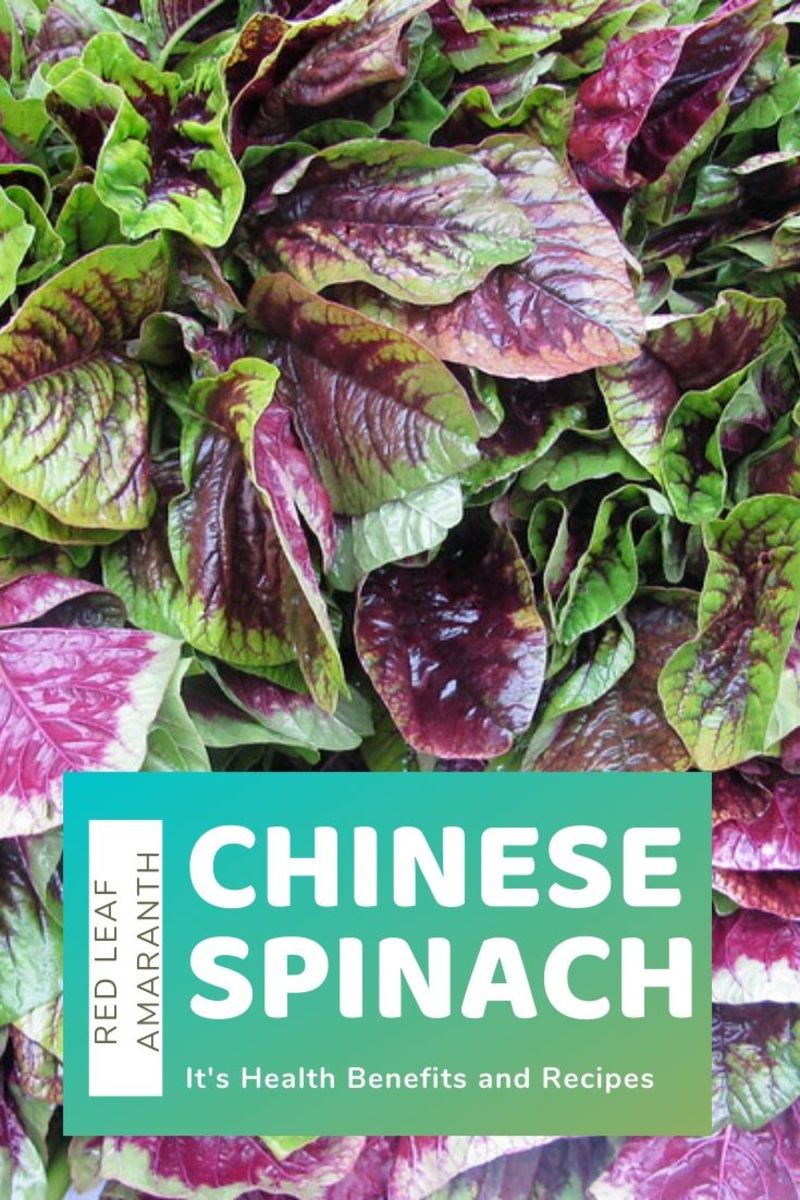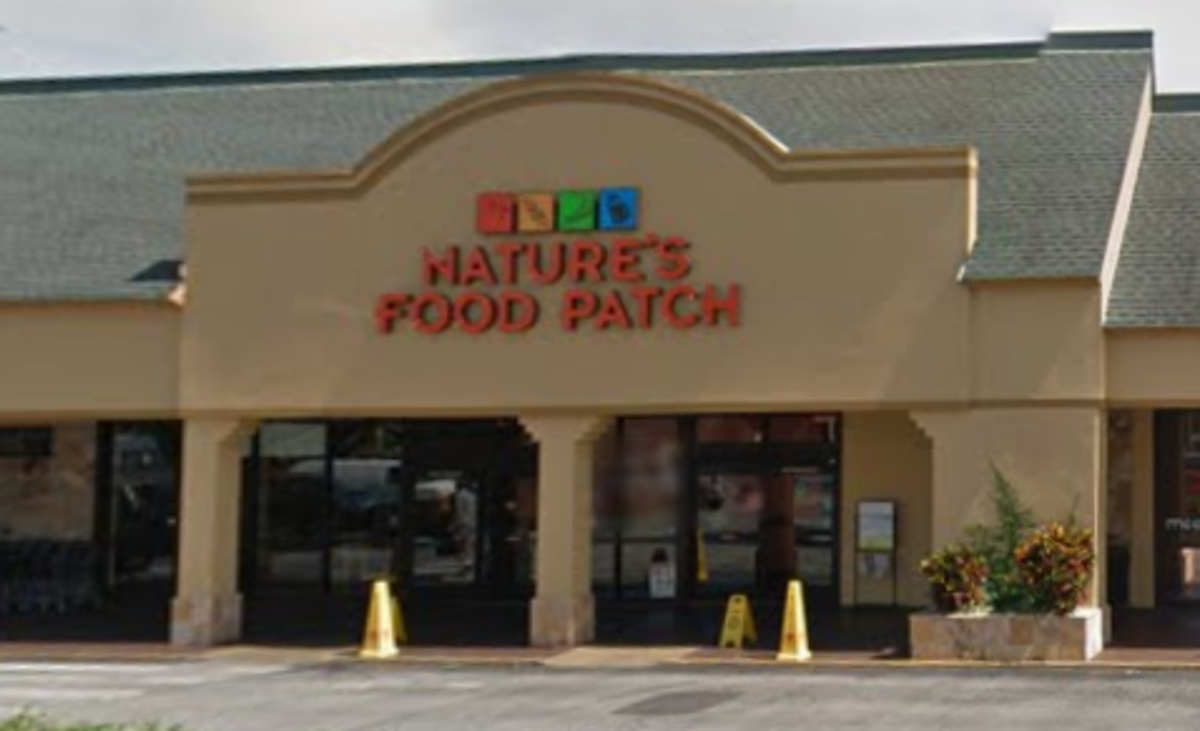3 Reasons to Shop Local Farmers Market
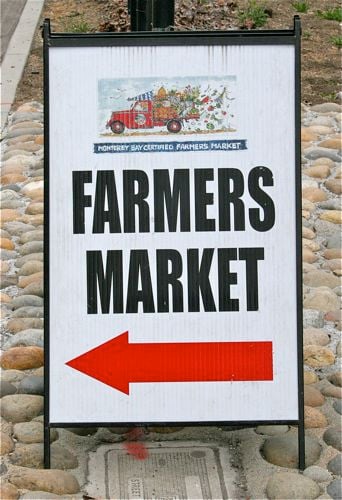
What is a Farmers Market?
A farmers market is simply an indoor or outdoor market for local farmers to sell their produce and farm products.
The simplest farmers market has a few stalls set up with a variety of local grown fruits and vegetables. Most farmers markets have way more, such as sandwich and deli meats, unprocessed fresh meats, family run restaurants, cheese and dairy products, cakes, cookies, doughnuts, pastries, eggs, canned goods and much more. Non edible items are also popular with things such as homemade crafts, soap, candles, furniture, decorations and flowers.
Some farmers markets are also connected with local flea markets which provide the opportunity to browse many different random items people are willing to sell while shopping for produce.

Why Farmers use Farmers Markets
Farmers decide to use local farmers markets to sell their goods for several reasons.
The first and biggest reason is it cuts out the middleman and allows farmers to sell at competitive prices while still making a profit.
The next reason is many farmers like the direct interaction with customers who can tell the farmers exactly what they want, or any other information.
Finally, it keeps business local and lets the farmers focus on farming and not transporting goods across the country.

3 Reasons to Shop at Your Local Famers Market
There are many reasons to shop at a farmers market. It might be convenient; you might know the farmers, or almost anything else. But here are three reasons why everyone should shop at their local farmers market.
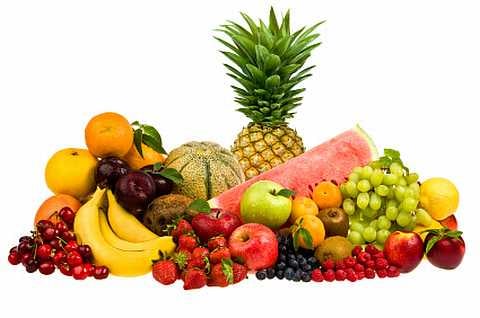
#1 Fresher Fruits and Vegetables
I think everyone can agree, fresher fruits and vegetables is a good thing, and farmers markets provide that. At your local farmers market you can get produce that has not been processed through large factories, has not been sprayed with various chemicals, and has not been picked early to then be transported across the country or even the world.
At the farmers market, the fruits and vegetables are picked when they are ripe, and then sold directly to you. And if you are not sure if something is ripe, you can always ask the farmer, because they will be more than willing to help you out.
I shop at a farmers market just down the road from me and every time I go there, I am confident that the fruits and vegetables are fresh and delicious. This isn’t always the case when I visit large retailers, who sometimes ship produce from halfway around the globe just so they have it stocked.

#2 Cheaper Prices
In my experience, I have found farmers markets to usually be a little cheaper than regular supermarkets and in some cases, significantly cheaper. I once bought a small bin of 8-10 juicy apples for about $3.
So you can save money by shopping at farmers markets!
Farmers markets tend to be cheaper for two main reasons:
Bulk Prices – Fruits and vegetables are not usually sold per pound at farmers markets, but instead per bin or specific number. Many farmers use even pricing for convenience sake, thus selling 3 apples for a dollar instead of .89 cents per pound. This usually makes for a better deal for you, and sometimes allows a little bargaining.
Middlemen – when farmers sell directly to consumers, they cut out the middleman which can significantly reduce prices. The middleman, often supermarkets, must increase the price of products they sell in order to pay for overhead and make a profit. Thus, they usually increase their prices by 50-100%. The reason supermarket prices are still close to farmers markets is because the supermarkets get the produce at a reduced, bulk rate from large growers. So when farmers sell directly to consumer, they are able to sell it at a price that allows them to make a profit, and you to get a good deal.
These factors lead to fresher produce and cheaper prices. A win-win right? But wait, there’s more!

#3 Support Local Small Business
If you shop at a local farmers market, then give yourself a pat on the back. Because you are helping to stimulate your local economy and get it back on track!
Buying your produce at local farmers markets keeps the money local, and can often quickly move around the local economy. The farmers get paid for their products, and then pay off bills or buy new equipment, which starts a cascading effect that ripples around the community.
Buying locally also helps encourage small business in your area. This not only can create jobs, but sends a message that you want quality products. Remember, every time you buy something, you are voting with your money for that product, so why not vote for something that benefits both you and your community.

Find Farmers Markets Near You:
- FarmersMarket.com | Find Your Local Farmers Market!
An online community of farmers, food producers, and farmers markets. Find local food near you through our searchable up-to-date directory of vendors and markets in your area. - Farmers' Markets Finder
Enter your state or zip to find farmers markets around you.
Conclusion - Win-Win-Win
These are just three of many reasons why shopping at local farmers markets is beneficial for not only you, but the farmers and local community. I hope this will encourage you to find a farmers market and start shopping for fresh fruits and vegetables there. You might be surprised at what you can find at a farmers market; I found a great sushi stand at one, so get out and visit a local farmers market!


